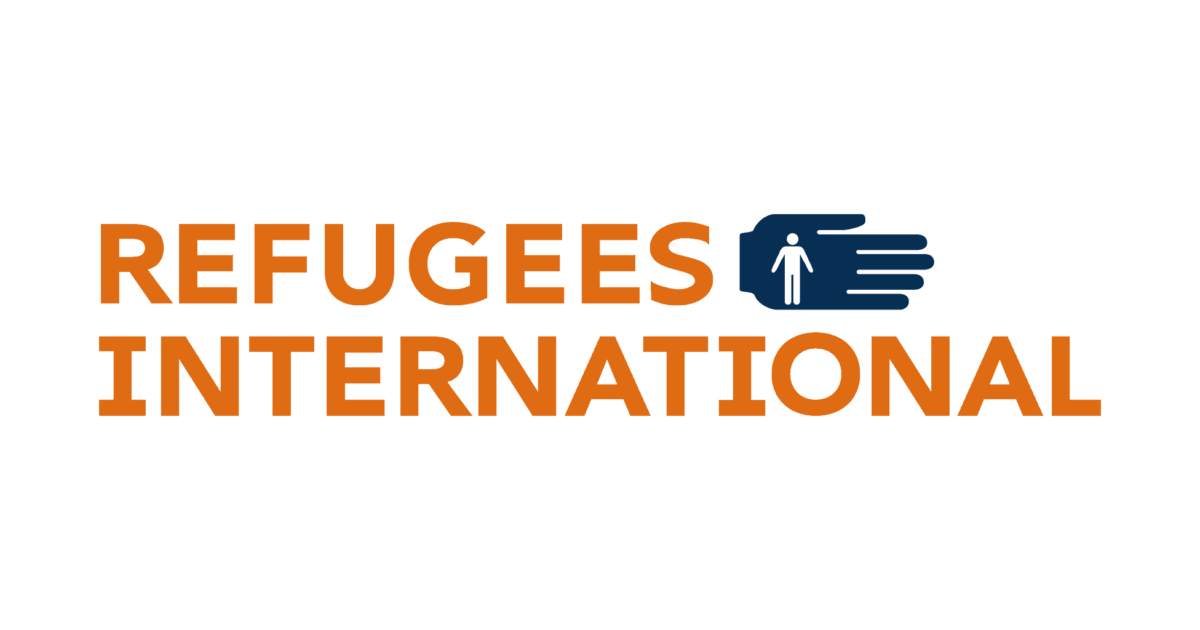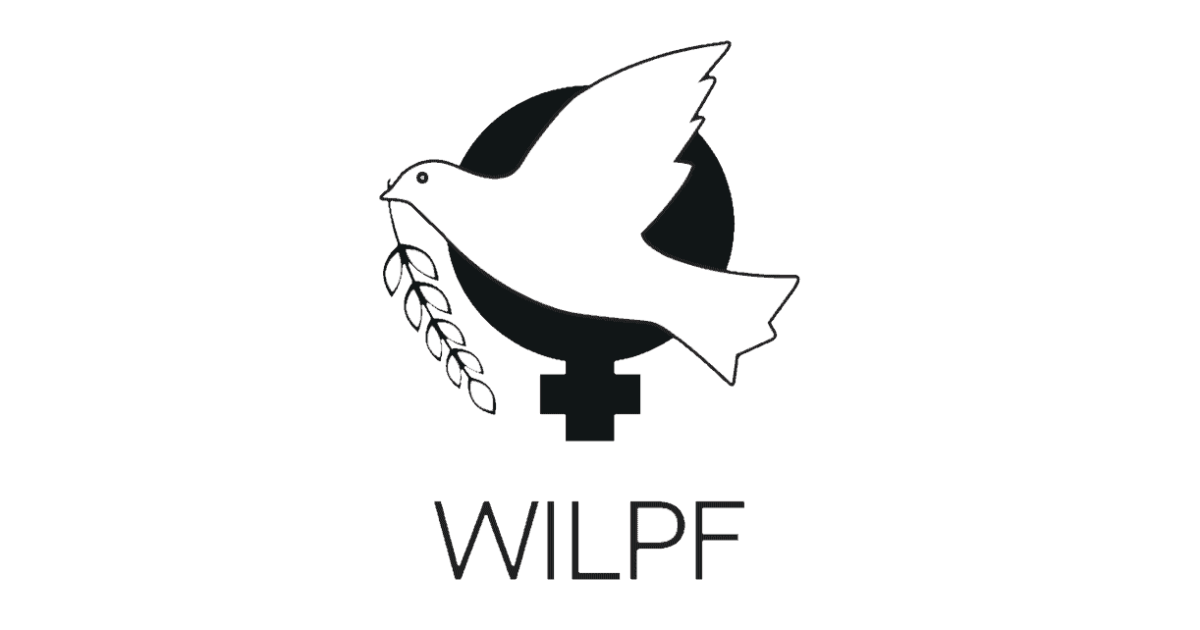Libya
Libya
Years after the deposition of dictator Moammar Gadhafi as part of the Arab Spring, Libya remains in a deteriorating security situation that is especially volatile for women. Sexual and gender-based violence during the war, including mass rape, has yet to be investigated, and women’s rights have continued to decline as different Islamic groups strive to curtail freedoms throughout the country. Violence against women remains common, but reporting remains low; like political and civic participation, reporting and activism by women remains deterred due to threats of violence or death.
Since 2011, Libya has passed new laws which discriminate against women, including the legalization of polygamy and quota reductions for women’s representation in Parliament. Although a party to the Convention on the Elimination of All Forms of Discrimination against Women (CEDAW), Libya does not have a National Action Plan per resolution 1325 (2000).
Due to the high rates of discrimination, exclusion and violence faced by women in Libya, the NGOWG advocates for the Security Council to continue supporting the United Nations Support Mission in Libya (UNSMIL) to include women as full and equal partners in supporting the transition of power to the Government of National Accord, which has struggled to establish legitimacy and control. Without the inclusion of women, the new government will face greater challenges to creating sustainable peace in Libya and continue exposing Libyan women to extreme risk of violence.
Current and Past Recommendations to the UN Security Council (Monthly Action Points)
The Security Council will be considering the most recent report on the implementation of the mandate for the UN Support Mission in Libya (UNSMIL). The report and any briefings should provide information on the implementation of WPS provisions in UNSMIL’s mandate (S/RES/2376 (2017), OP 4), as well as UNSMIL’s Action Plan for Libya. Updates should be provided regarding UNSMIL’s efforts to support the Government in ensuring women’s participation in the planning for future elections, electoral reform, democratic transition, national conferences, disarmament and arms control, conflict resolution, peacebuilding, and peace processes, as well as efforts to engage with women’s CSOs and protect women’s rights (S/RES/2323 (2016); CEDAW/C/LBY/CO/5). Further, the Council should call for information on Government efforts to curb the flow of small arms and light weapons, including by ratifying the Arms Trade Treaty (ATT) and enforcing national laws and regulations. Finally, the Council should address the targeted attacks and intimidation facing human rights defenders as well as media personnel, as reported in recent reports of the Secretary-General (S/2018/429, S/2018/140).
Relevant Resources










